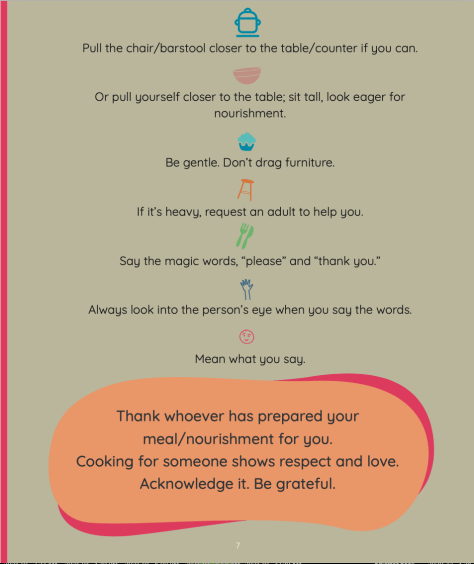
As a parent, it’s your job to protect your kids from everything that could happen in their life. You want to make sure your kids are safe from harm, illness, and bullying. But, there will come the point where you need to take a small but necessary step back. You can’t go around protecting your kids forever, as much as you’d like to, so you need to teach them to be tough, built this doesn’t mean you need to be tough.
Stop Fussing Them
When your child falls over, your immediate response is to rush over to see if they are okay. Here’s the thing, kids will fall over, but their reaction and coping strategy are based on how you react. Sometimes, falling over and hurting themselves if never as extreme as they make it out to be. While you can still show concern and provide wound care products to prevent infections, try not to be as fussy. This can help them get on with it and will teach them that not every cut and graze is the end of the world.
Teach Them Independence
There are many different ideas for fostering independence in your kids, so it’s up to you how you approach this. Regardless of your approach, it can have superb benefits for toughening your kids up. Encouraging independence means they will become more comfortable with making decisions themselves. They won’t need you to hold their hand, and this will allow them to make mistakes and learn from them, which is perhaps the most important lesson for growing up.
Show Them How Beneficial Struggles Can Be
You never want your kids to struggle in life, and that’s partly why you want to provide support for them for as long as possible. However, if your kids never struggle, they will never get the crucial life experiences that can toughen them up. Of course, you don’t want them to deal with real struggles, but allowing them to realize that life is not all sunshine and rainbows will go a long way to giving them the tools to succeed. Whether it’s their schoolwork, sports clubs, or learning a skill, they need to deal with (and get over) the hard part so they can reap the benefits.
Discourage Complaints
It’s safe to say that no one likes a negative child. No one likes a kid who complains and whines all day, every day. You need to stamp (not literally) this out of your children. Rather than listen to complaints and even bend to every whim, teach them to be grateful for their situation. Sure, they might be going through something tedious, but that is a part of life. Your kids need to learn the benefits of getting on with it so that they can discover how satisfying life is once they get through to the other side.
Tough Guy, Eh?
Encouraging your kids to toughen up shouldn’t mean they transform into emotionless robots. It should mean they manage to overcome strife and hardships by themselves, or at least try to at first. The tougher they become, the more independent and capable they will be.




